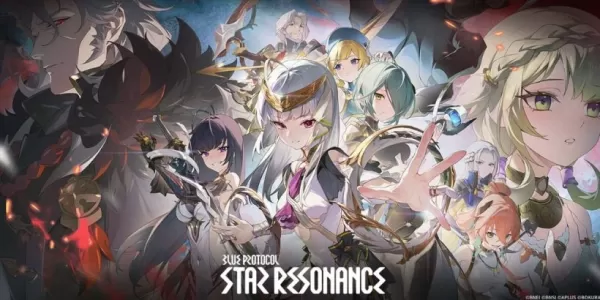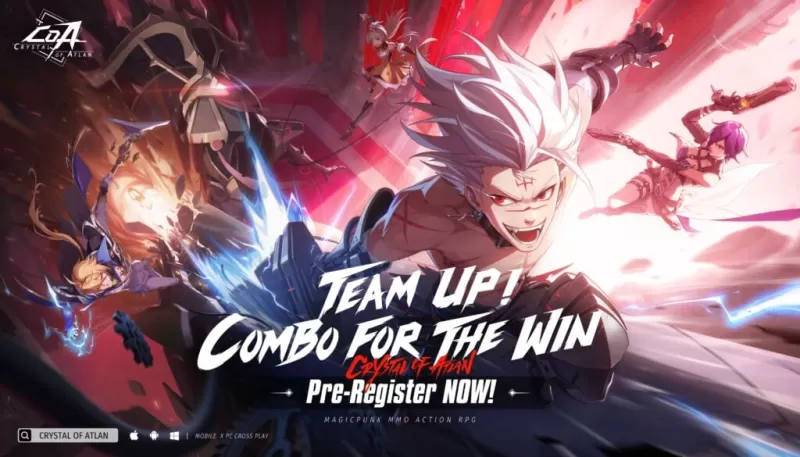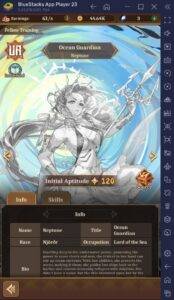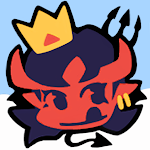Without exaggeration, it can be said that this game has captivated millions of players worldwide. In this article, we will delve into the intricacies of Roblox Points, their purpose, and how they differ from Robux.
Table of Contents
- What is it?
- Key Features
- The Role of Roblox Points in Game Development
- Encouraging Competition
- Creating Reward Systems
- Balancing Gameplay
- Differences Between Robux and Roblox Points
- Popular Games That Use Roblox Points
What is it?
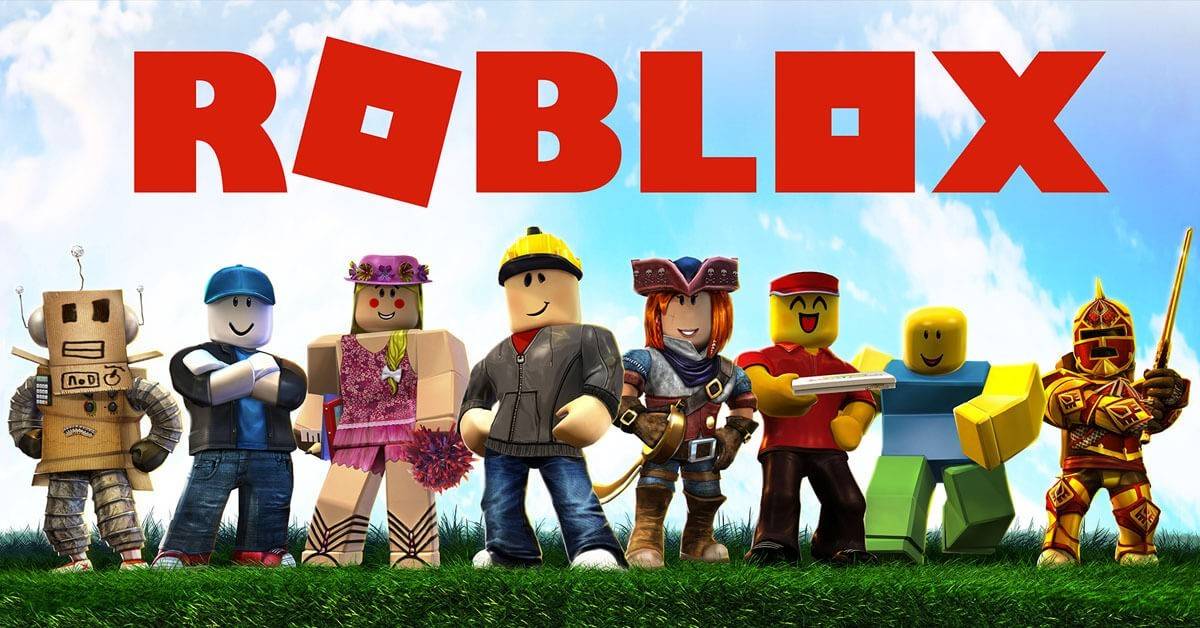 Image: sun9-9.userapi.com
Image: sun9-9.userapi.com
Roblox Player Points serve as an in-game currency that players can earn by completing specific tasks or participating in various events on the Roblox platform. Unlike Robux, which is a premium currency purchasable with real money, Roblox Points are earned through gameplay and can be utilized for purchasing game passes, upgrades, or special items within certain games.
Key Features
 Image: itemsatis.com
Image: itemsatis.com
Players can accumulate these points through various activities such as completing tasks, winning games, participating in events, or reaching specific milestones. The methods of earning points can differ from game to game, as developers have the flexibility to set their own rules for point distribution.
Unlike Robux, which is usable across the entire Roblox platform, Roblox Points are generally confined to the game in which they were earned. This feature often motivates players to engage more deeply with individual games, enhancing their overall gaming experience.
The Role of Roblox Points in Game Development
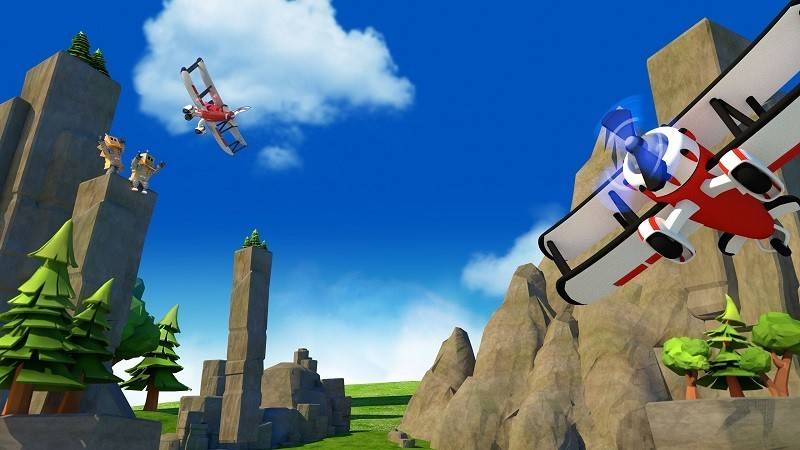 Image: web.archive.org
Image: web.archive.org
For game developers, incorporating a points system can significantly enhance player experience and retention. Let's explore how Roblox Player Points can benefit developers:
Encouraging Competition
By implementing leaderboards and rankings based on points earned, developers can foster a competitive environment. This encourages players to hone their skills and climb the ranks, leading to extended play sessions and heightened community engagement.
Creating Reward Systems
Points enable developers to establish reward systems that unlock new features or customization options. For instance, players might need to accumulate a specific number of Roblox Player Points to access a unique character skin or a potent in-game item.
Balancing Gameplay
Developers can manage the game's economy by controlling the balance between points earned and spent. This helps prevent inflation of Roblox Points, ensuring that the gameplay remains both challenging and rewarding.
Differences Between Robux and Roblox Points
 Image: springhillsuites.marriott.com
Image: springhillsuites.marriott.com
It's essential for both players and developers to understand the distinctions between Robux and Roblox Points:
- Robux can be bought with real money, whereas Roblox Points are earned through gameplay. This fundamental difference affects how players engage with these currencies and perceive their value.
- Robux can be utilized across the entire Roblox ecosystem for purchasing game passes and customization items. In contrast, Roblox Points are typically restricted to specific games, limiting their universality.
- For developers, Robux represents a potential revenue stream through in-game purchases, while Roblox Points generally do not provide a direct revenue model as they are earned rather than bought.
Popular Games That Use Roblox Points
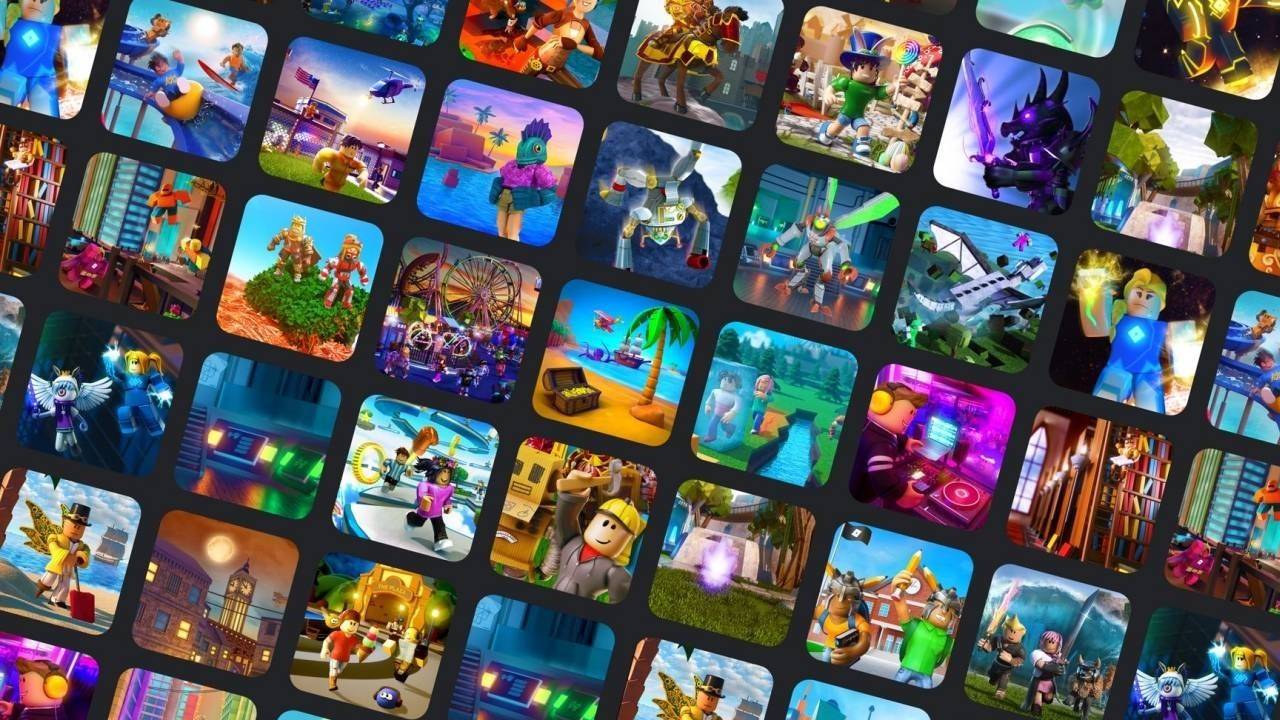 Image: web.archive.org
Image: web.archive.org
Adopt Me! stands out as one of the most popular Roblox games, utilizing a points system to reward players for completing tasks and caring for pets. These points can be used to purchase upgrades, special items, or customize characters.
Brookhaven, a social party game, allows players to earn points through various mini-games and activities. These points can then be spent on new houses, vehicles, and other in-game features.
Theme Park Tycoon 2 showcases the diversity of Roblox worlds. This simulation game awards points for managing an amusement park effectively. Players use these points to buy rides and expand their parks, adding a strategic layer to the gameplay.
Roblox Points significantly enhance the gaming experience on the platform. They not only encourage players to engage more deeply with individual games but also provide developers with tools to boost player retention and interaction with their creations.

